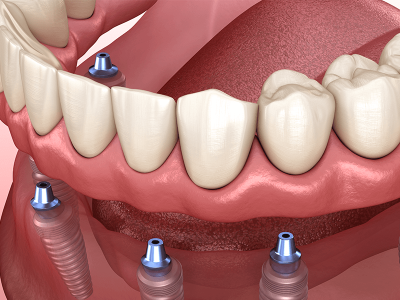Plavix contains an active ingredient called Clopidogrel which is an antiplatelet used to inhibit platelet formation causing blood clots in the vessels.
Does Plavix help lower blood pressure?
Yes, it does. According to the recent study by the University of Cologne; since arterial hypertension is associated with platelet activation, increased platelet-derived sCD40L* levels, and endothelial dysfunction, therefore, the inhibition of platelet aggregation will thus causing the inhibition of sCD40L release leading to the improvement of endothelial function and lowers blood pressure (BP). (1)
*Soluble CD40 ligand (sCD40L) – causing inflammatory transformation of the vascular endothelium
Clopidogrel will be given to people with heart attacks, strokes, coronary heart disease, and peripheral artery disease. In certain situations such as a heart attack or after some heart procedures (Stenting), clopidogrel will be combined with aspirin, which also works to prevent blood clots and reduce risk of heart disease. A stent is a tube consisting of very small wire weave with the function of opening the blood vessels after the completion of balloon angioplasty and the opening of the blockage. Stents made from this steel wire can also be clogged. This backlash increases the risk of a heart attack or even death. The combination of anti-blood-clotting drugs in combination with Clopidogrel and Aspirin will help prevent the occurrence of blood clots in the stent. Keep in mind, however, that the combination of these two drugs will put someone at risk for bleeding.
The biggest side effect and risk for Clopidogrel is bleeding. Symptoms of hemorrhage that should be reported immediately are black or red urine, black stools, and unusual bruising.
Bleeding can lead to anemia leading to drowsiness and tiredness. Other side effects of clopidogrel are diarrhea and allergic reactions that can cause rashes or redness.
Instructions:
- Concurrent use of the drug should be avoided :
Omeprazole, esomeprazole, cimetidine, fluconazole, ketoconazole, voriconazole, felbamate, fluoxetine, fluvoxamine & ticlodipine.
Combining drug use with Warfarin, Heparin, thrombolytics, NSAIDs and other drugs increases the risk of bleeding.
- Patients who are at risk for increased bleeding from an injury, surgery, or other pathological conditions should not be taking Plavix
REFERENCES :
1. Effects of Clopidogrel on Soluble CD40 Ligand, Endothelial Function and Blood Pressure (2005). University of Cologne













Comments